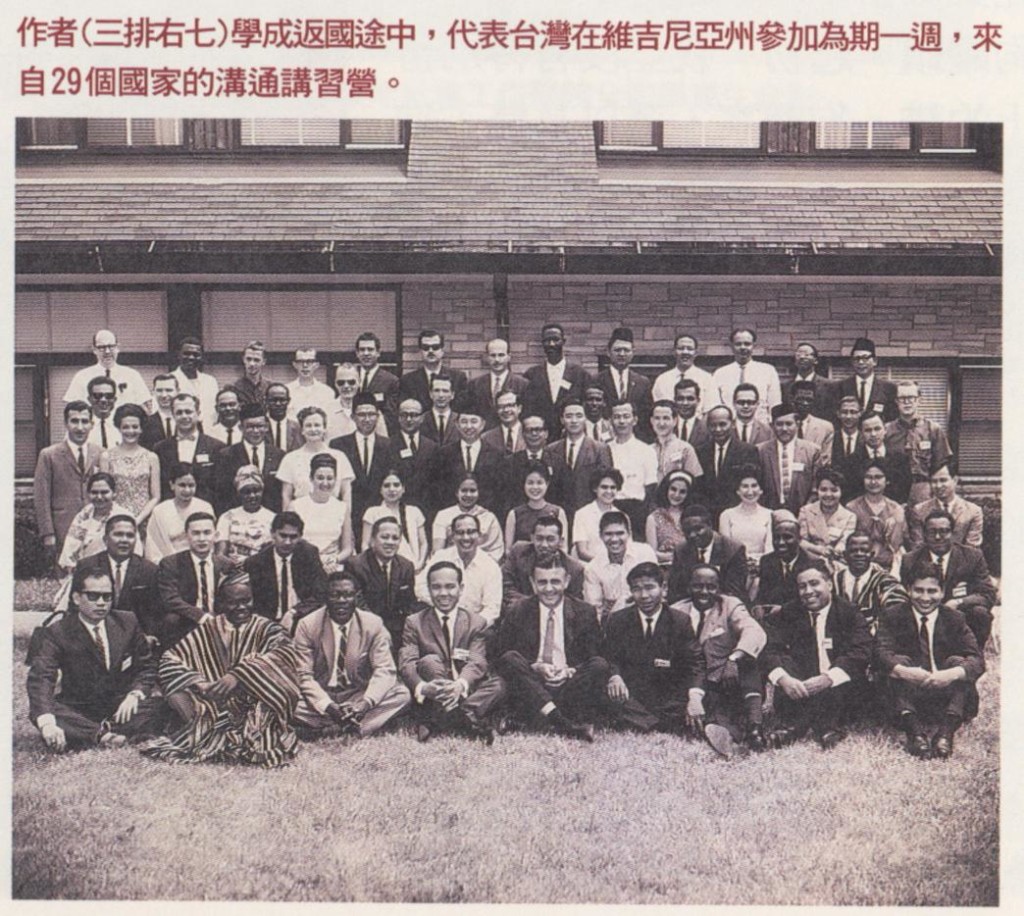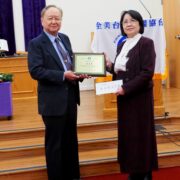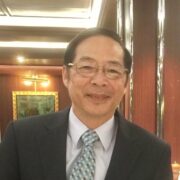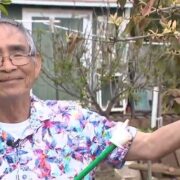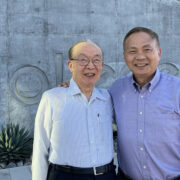Striving up in the World
By Tina Chang
I grew up in Chuang-wei, a town in rural Yi-lan, where there were four elementary schools. By my graduation from one of them, several boys in my class planned to leave for Yi-lan City and take the entrance examinations for junior high school. For most girls, however, graduation meant the end of their education. Under the male-privileged family structure, never had a household in my hometown allowed their daughters to attend junior high school. Unlike most of my female peers, I did not want to stay home doing chores. Just when I was pondering what I should do next, the principal and class tutor of my elementary school came to visit my father and persuaded him to let me try the junior high school entrance exams. I was admitted to Lan-yang Girls’ High School with a grade barely crossing the threshold. As a result I became the first Chuang-wei girl studying at Lan-yang Girls’ High School and I became a legend in my hometown. But aside from the excitement, the event did arouse gossip among my neighbors as they thought allowing a daughter to attend high school in Yi-lan city was sheer nonsense and a waste of money.
Despite these negative comments, my parents did not oppose my pursuit of higher-level education. To help me reach this goal, my dad even bought a used 24-inch-high bicycle for me to ride to school with. Otherwise I’d have to make the three hour walk to and from school every day. Every day I cautiously rode on rugged, bumpy country roads to go to school. Short and skinny, I waged up all my strength to tread the pedals of my bike, braving gusty wind and misty rain along the seashore. Yet a far bigger challenge was how to get along with my classmates who mostly came from urban districts. A typical rural girl then, I was shy, full of self-doubt and a sense of inferiority. I wondered whether it was worthwhile for my family to invest so much in my education while ending up with such a tough schooling process.
At the end of my first semester, my grades barely passed the benchmark. After all, students from rural elementary schools were disadvantaged compared peers with urban backgrounds. Gradually I got accustomed to high school surroundings and academic competition with my peers. A turning point was in my second year of junior high, when I was placed in the class with the highest grades. Reveling in victory, my school performance progressed step by step.
About to graduate from junior high, I was thinking of registering for the entrance exam of Taipei Women’s Normal School. On the one hand, Taipei Women’s Normal school was publicly funded for all students, so if I were admitted, my family would not have to worry about my tuition anymore. On the other hand, in Yi-lan countryside at the time, being an elementary school teacher counted as quite an admirable and respectable job for a woman.
A day before the entrance exam, I left for Taipei by train on my own. It was the first time taking a train to Taipei. My dad gave me a lift on his bicycle to Yi-lan railway station. The moment I got to the platform, I realized that my exam registration certificate was still in a bag on my father’s bike. But he was already riding away. As I stared at the dwindling silhouette of my father’s back, my train arrived at the platform. I burst into tears, crying all the way home. My dream of becoming an elementary school teacher was shattered.
With the encouragement and consolation of my family and my history teacher, I decided to settle with Lan-yang Girls’ High School for my senior high education. In the next three years, my academic grades remained in the top five of my class. During those years, the director of students’ affairs tried repeatedly to recruit me into the ruling nationalist Kuomintang party (KMT). The more he stressed the advantages of becoming a KMT member, the more I became disgusted with his attempts to lure students into the KMT. I never considered joining the KMT.
In the 1950’s during the White Terror period, some teachers and students of Lan-yang Girls’ High School were arrested for being involved in left-leaning study groups or choruses. As I recall, a civics teacher, a physical education teacher, and a director of students’ affairs were all summoned for interrogation. Some of those arrested were detained for more than a year. Something similar happened to my eldest brother in law.
He was a landlord and during the era of Japanese occupation had been a clerk at a police bureau. In the wake of KMT’s takeover of Taiwan, as the new authorities enforced the land reform policies like “375 Rent Reduction” (三七五減租) and “A Field for every Farmer” (耕者有其田), many pieces of my eldest brother-in-law’s estate were appropriated by the new regime. He was very unpleased and often criticized the KMT, which led the KMT to arrest him in the name of “cleaning up” vagabonds. My eldest-brother-in-law had no choice but to escape and hide in Hua-lian for a while. During this period, my eldest sister and her children led a harsh life. In pity of my sister’s situation, my mother entrusted me to secretly deliver fish to my eldest sister’s residence. To fulfill this duty, I had to take a back route through the fields of my sister’s household lest her neighbors see me and call me “daughter thief,” a derogatory remark in patriarchal Taiwanese society that ridicules married daughters for receiving gifts from their birth family. Reminiscing about this is tragic indeed.
After graduating from Lan-yang Girls’ High School, I was admitted to the department of sociology at National Chung Hsing University. Back then few girls in all of Yi-lan County had a chance to receive college education. Indeed, it was record-breaking that five female Lan-yang graduates, including me, were admitted to universities that year.
At Chung Hsing my grades ranked among the highest in my class. In my second year, to relieve economic burden of my family, I applied for and was granted a scholarship offered by an international women’s organization. The scholarship was designated to help potential social workers, and only two awards were reserved for Taiwanese students. I continued to receive this scholarship until my graduation. Therefore, my family did not have to pay my tuition. Regarding living expenses, I worked as a tutor and did not require financial support from my family, either.
In my second year at Chung Hsin, my father passed away just a week ahead of final exams. My male classmates with the second and third highest grades thought they finally had an opportunity to surpass me. Notwithstanding, I managed to get the highest grades as usual. I also attended a class instructed by Professor Kuan-hai Long of National Taiwan University. Toward the end of this class I wrote a paper entitled “A Survey of Habits and Customs in Rural Taiwan.” My two younger brothers helped with the distribution of questionnaires. Satisfied with my writing and field work, Professor Long introduced my paper on several campuses, giving me great encouragement.
After my graduation from Chung Hsing University, I took a job at the Center of Children’s Psychological Health, National Taiwan University Hospital, counseling children with psychological problems. At the time, to help developing countries train fundamental professionals, the United States Agency for International Developments (USAID) provided Taiwanese students with scholarships for overseas studies. Fortunately, I succeeded in attaining the scholarship and was able to go to the US for two years to get a Master’s degree in social work. According to USAID’s regulations, after receiving my master’s degree, I had to return to Taiwan and serve for two years.
In 1962, I went to the US by myself and started my graduate study at Simmons University in Boston. Then few Taiwanese students were in U.S. campus and information was relatively scant. I knew next to nothing about the U.S. and could only explore on my own. In my class the only other overseas student was a girl from South America. Since we were in the same boat, soon we became close friends. But regrettably after three months my South American friend could not endure her homesickness and the pressure of schoolwork. During Christmas holidays she borrowed money from me and went home, never returning to complete her study.
At that time living standards of Taiwan and the US truly differed a lot. A rural girl from a humble family, I often made mistakes, causing much embarrassment and laughter. For instance, when I was in Taiwan, I had never seen shampoo. Therefore, the first time I saw shampoo in the US, I mistook it as hair oil and poured it on my head. Once on a rainy day, I had a weird feeling that bubbles kept puffing over my head. It was not until then that I realized something was wrong with the “hair oil.”
Additionally, during my graduate study in the US, I ate canned dog food for quite a while. At first, I did not pay special attention to the pictures of dogs and cats’ pictures on these cans, assuming the pictures were logos for a “dog head” brand. Since Americans do not eat animal organs, chicken gizzards, hearts and other organs are often processed as canned pet food and sold at much lower prices than canned food for human customers. Due to poverty, Taiwanese people seldom had meat then. In my family, only on big holidays such as the eve of lunar New Year, did my younger brothers and I get a chance to scramble for animal organs at table. In the US, by coincidence I found chicken gizzards at a butchers. Amazed at the low cost and large amount of each serving, I often bought plenty of cans of chicken gizzards. Back in my dorm, I asked a Taiwanese nursing assistant to help boil this inexpensive gourmet food so that we could eat as much as we liked. One day, the owner of the butcher shop asked me: “How many dogs do you have?” Had he not asked this question, I would never have realized that I had been competing with dogs and cats over their favorite food!
In the ensuing year I moved out of the student dorm to a poor neighborhood, doing social service jobs in the neighborhood after classes. At first the president of my university was very concerned for my safety. However, the experience turned out quite rewarding. I helped black children on the weekend, taking them to parks and playing group games with them. Soon we made friends with each other. In addition, I got free lodging and five free suppers every week as repayment. More importantly, I learned a lot about the practical areas of social work, which later facilitated my transition to a career in social welfare with the New York state government.
African American activism impressed me greatly. Black Americans were the subject of a lot of discrimination, which frequently caused interracial conflicts. The civil rights movement, initiated by black activists, was triggered by an incident on December 1, 1955. A black woman called Rosa Park was arrested by the police after she refused to yield her seat to a white passenger on a bus, as the driver ordered. Having worked long hours at a department store, Park was ready to take a bus home, exhausted. She chose not to observe a segregation regulation imposed by bus companies that forced black passengers to yield their seats to white passengers. Park’s defiance led the bus driver to notify the police to arrest her. From then on black Americans started a boycott against this racist bus company, insisting on going to work by walking, riding bicycles, and carpooling. The boycott lasted 381 days, spurring on the nonviolent civil rights movement led by Dr. Martin Luther King Jr. During those days teachers and my classmates often held discussions on racial discrimination against black Americans.
As I worked and played with black children in the ghetto, they occasionally made fun of my awkward English. But it seemed like they felt I did not have as much of a sense of superiority or pose a threat as white people. They never excluded or rejected me. Studying sociology and doing social work changed my personality—by and by I transformed from a withdrawn girl to be happier and more open-minded and generous woman.
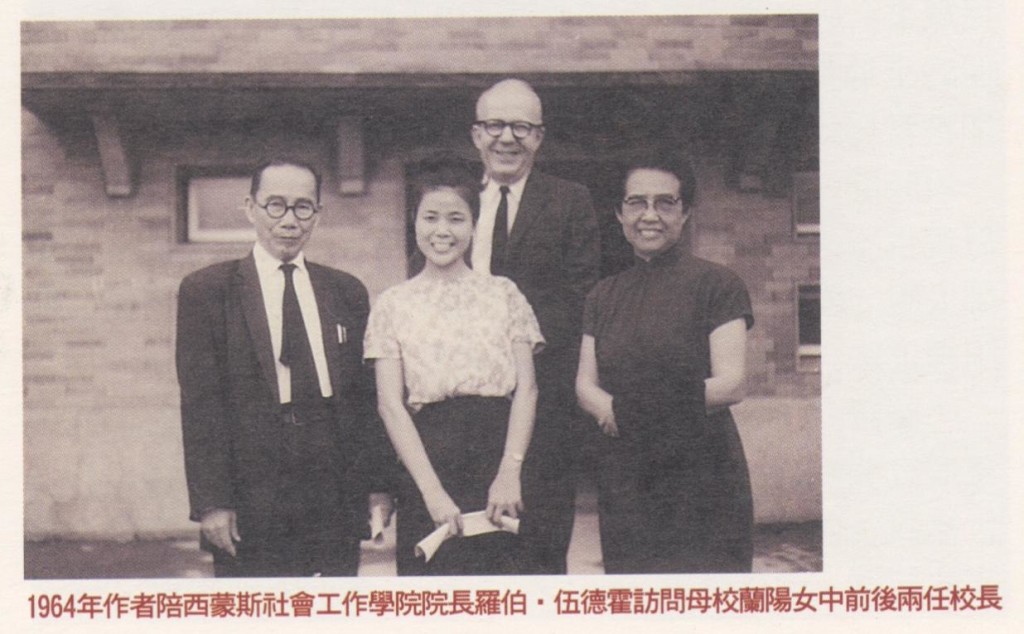
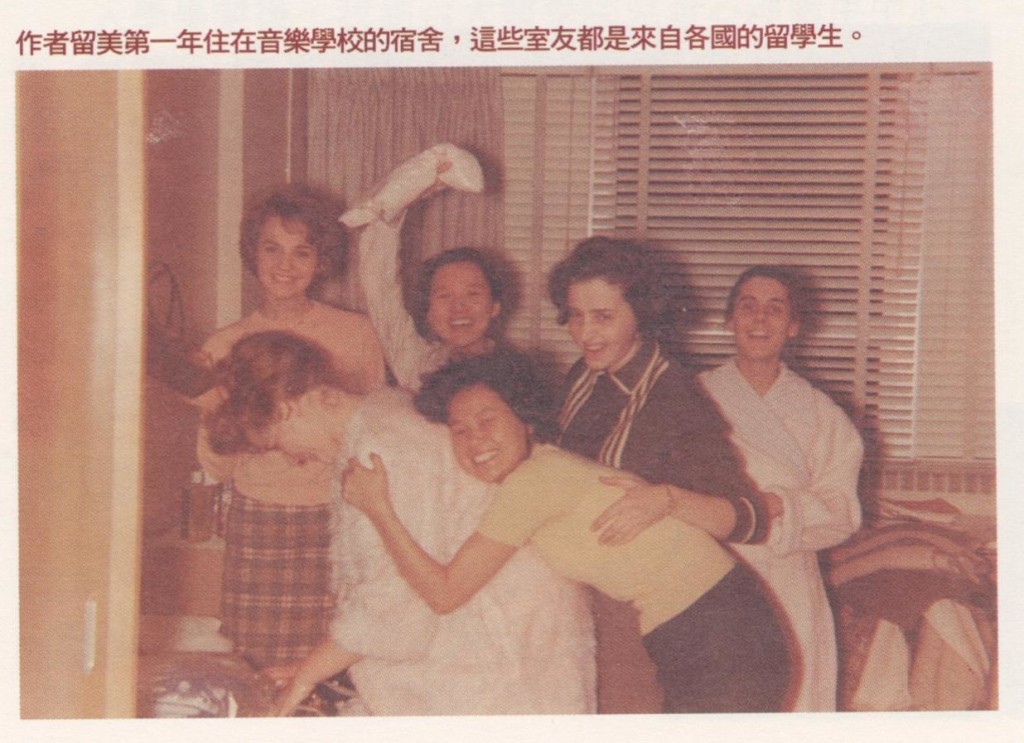
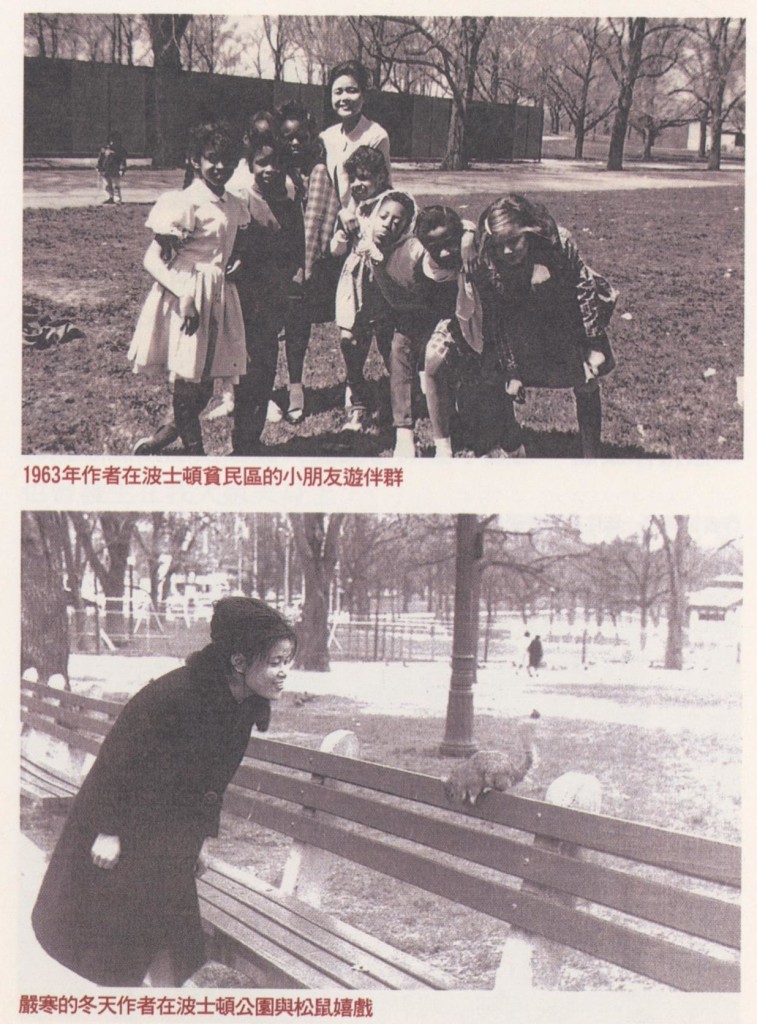
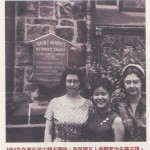
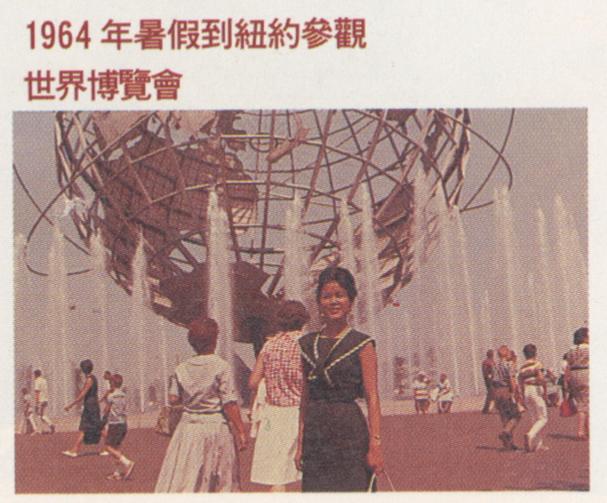
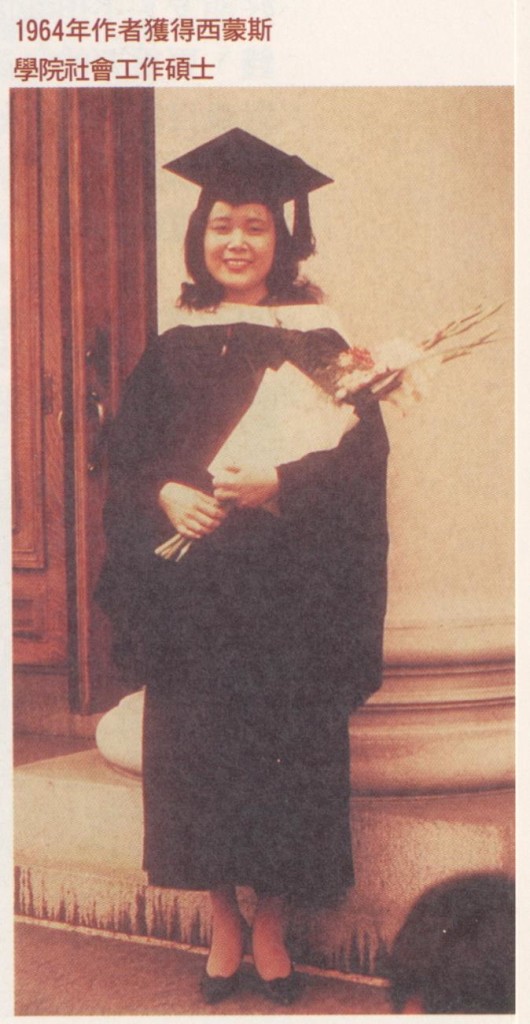
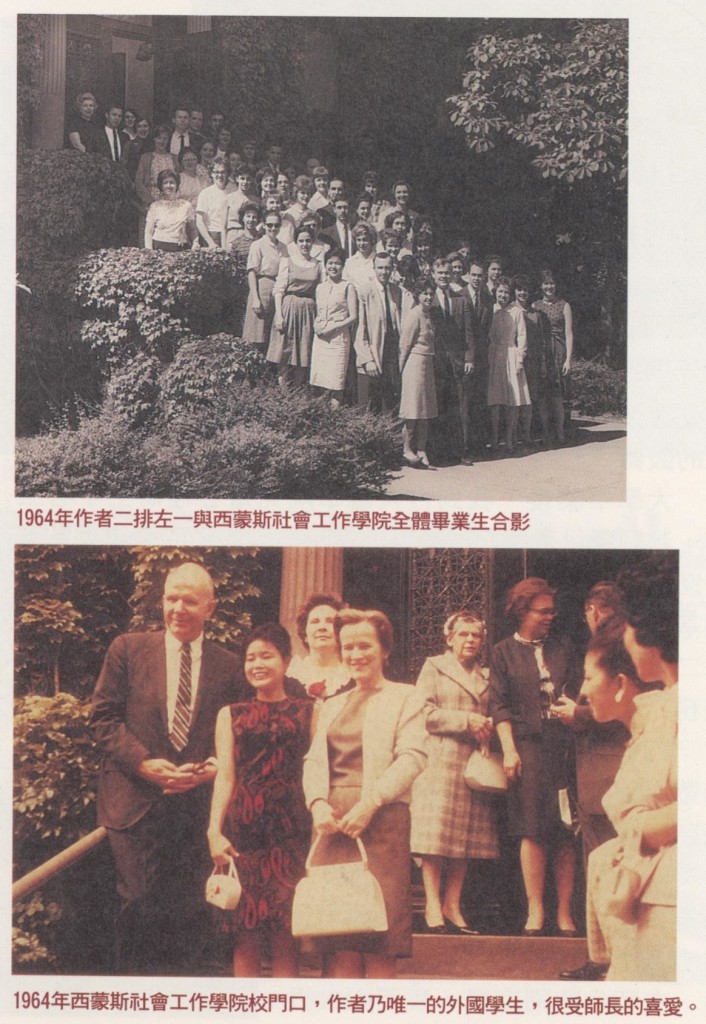
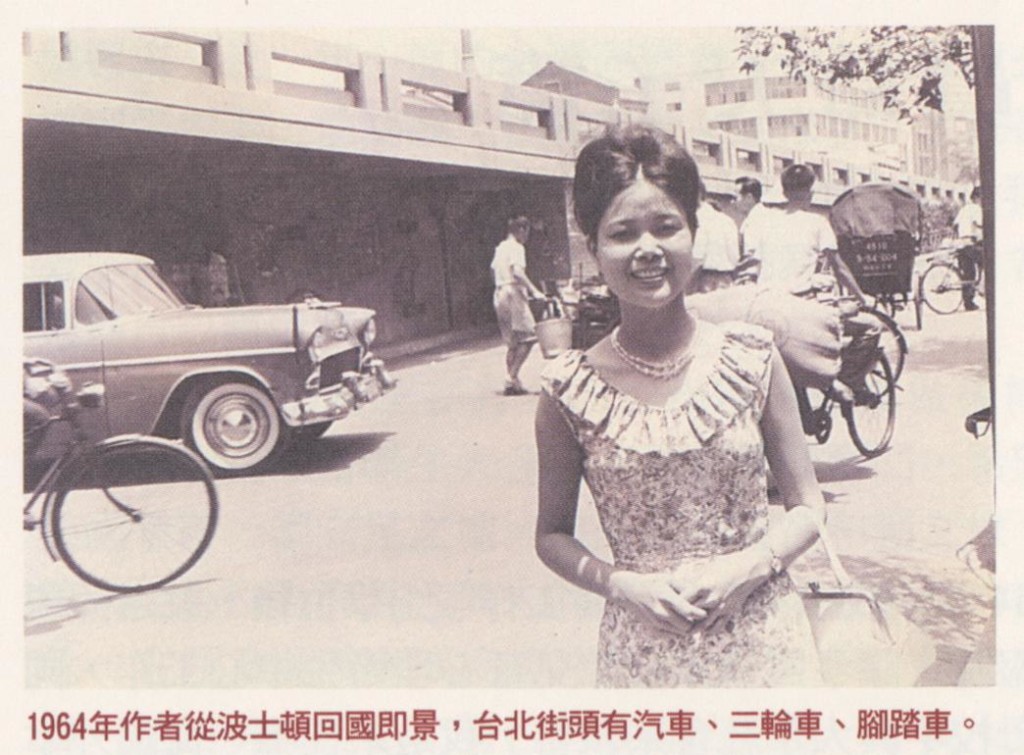
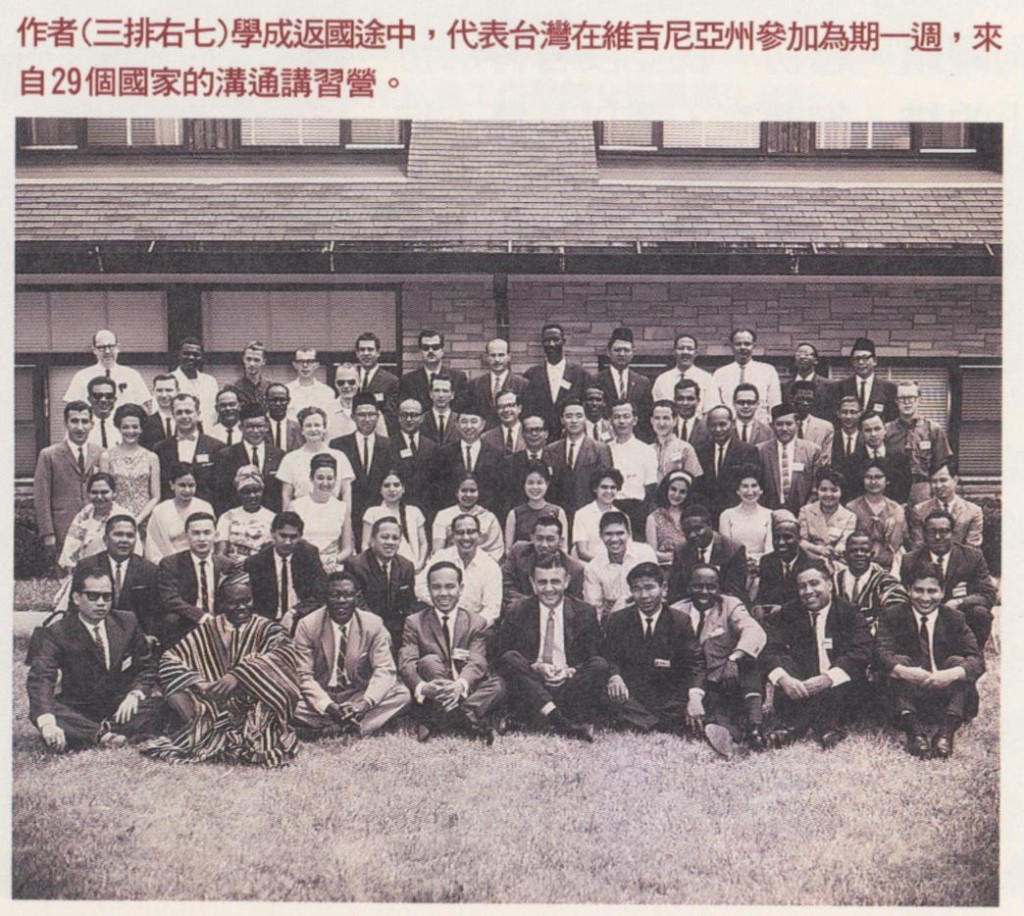
From the story of Tina Chang, Nov. 2001
Translated from: 37. 力爭上游 / 張丁蘭 Updated 10/22/2020

